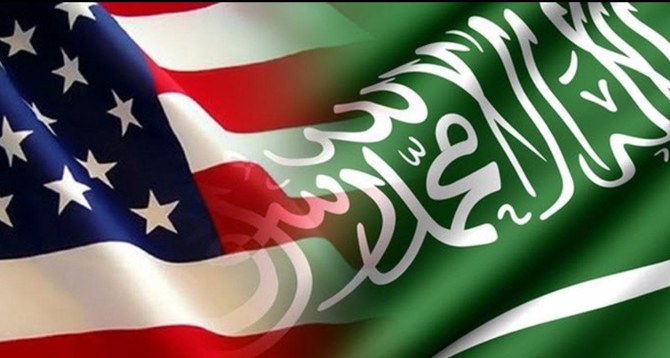
Dating…Codependency…Marriage of Convenience…Or Something Else…
Back when U.S. President Joe Biden was a candidate, every political analyst knew there would come a day when he would meet with Saudi Crown Prince Mohammed bin Salman (MBS), the leader of the country President Biden pledged to make a “pariah.”
Those same political analysts also knew that when MBS said “Simply, I do not care” in response to whether President Biden misunderstood things about him that MBS knew there would be a meeting one day.
Now the two leaders must come together for a long-awaited rendezvous in the desert…ideally the two leaders can employ modern rules of dating in making the alliance work…
First, the past is the past…
Memory will have to be short. President Biden, as a candidate in 2020, promised to make Saudi Arabia a “pariah” in response to the assassination of prominent dissident and journalist, Jamal Khashoggi, in 2018 while his National Security Advisor Jake Sullivan drew the ire of MBS back in September when he questioned the Saudi leader on the subject matter.
MBS also reportedly refused to take President Biden’s call at the start of the war in Ukraine. Since then, overtures to Saudi Arabia (and the UAE) to increase oil production have been ignored while the U.S. has sidestepped supporting Saudi Arabia’s intervention in Yemen’s civil war.
To move this relationship forward, both parties will have to show up with open minds…
Second, don’t focus on your partner’s faults…
MBS will have to juxtapose the climate change and “pariah” fighting human rights advocate with the amicable ally coming to Riyadh to renew a friendship and talk oil.
Similar to President Jimmy Carter in 1977, President Biden may have to change his tone and public stance with an ally to combat the high gasoline prices at home. His visit to Saudi Arabia will likely include a request to the Kingdom to break with its OPEC+ agreement with Russia and pump more oil. For the American First crowd, it will be an odd scene when only a few years ago, U.S. was declaring itself a net exporter of oil.
President Biden will have to accept MBS’s relationship with his Russian foe. The Saudi Crown Prince is unlikely to abandon a relationship with Russia that has paid significant dividends, particularly as it relates to oil revenues. The OPEC+ agreement with Russia help stabilize prices after a price war in March 2020 plummeted prices by more than 30% in a few weeks.
And, as sanctions have reduced the availability of Russian energy supplies to the global market, MBS is in the driver seat for the global oil supply. Simply put, MBS periodic calls to Russia’s Vladimir Putin are something Biden has to accept.
Third, recognizing that you need each other…
The U.S. and Saudi Arabia, after all the pluses and minuses, need each other. Yes, President Biden flirted with Venezuela for oil, but MBS knows that was a short fling and not serious. President Biden needs more Saudi oil (and Emirati oil) in the market until, at least, he befriends American producers again or the war in Ukraine ends.
And, although MBS has developed closer ties to Chinese leader Xi Jinping, the U.S. knows Xi does not offer everything MBS is looking for…i.e., the Chinese will not provide the necessary security support for Saudi Arabia in the region nor do the Chinese have a similar level of interest in Middle East geopolitics. MBS may consider military cooperation with Russia, but the war in Ukraine undermines a potential alliance, at least, for now.
Iran is a shared problem with both the U.S. and Saudi Arabia seeking a way to reduce confrontation with the country. Oil facilities in Saudi Arabia (and the UAE) have been attacked in recent years by parties believed to be tied to Iran while the U.S. has occasionally confronted Iranian influence in Iraq with the U.S. strike on Iranian commander Qassem Solemani on Iraqi soil as a prime example. That said, the U.S. is seeking to revive a nuclear treaty that apparently does not excite Saudi Arabia, who is equally engaged in separate discussions with Iran.
The co-dependence or partnership or whatever word is more palatable (for pundits at home) to describe this relationship is not important. The strategic value of the relationship should be obvious to the President and the Crown Prince. The 1973 oil embargo, 9/11, Khashoggi murder, and “pariah” label are, by no means, small matters. But many relationships between nations have survived (and even thrived despite) tougher terrain because both parties recognized the partnership was worth saving.
Hopefully the President and the Crown Prince find this relationship worth the effort and don’t employ any antiquated rules of dating, such as “playing hard to get” or “skipping over the serious topics”…the world does not have patience for that type of game.
